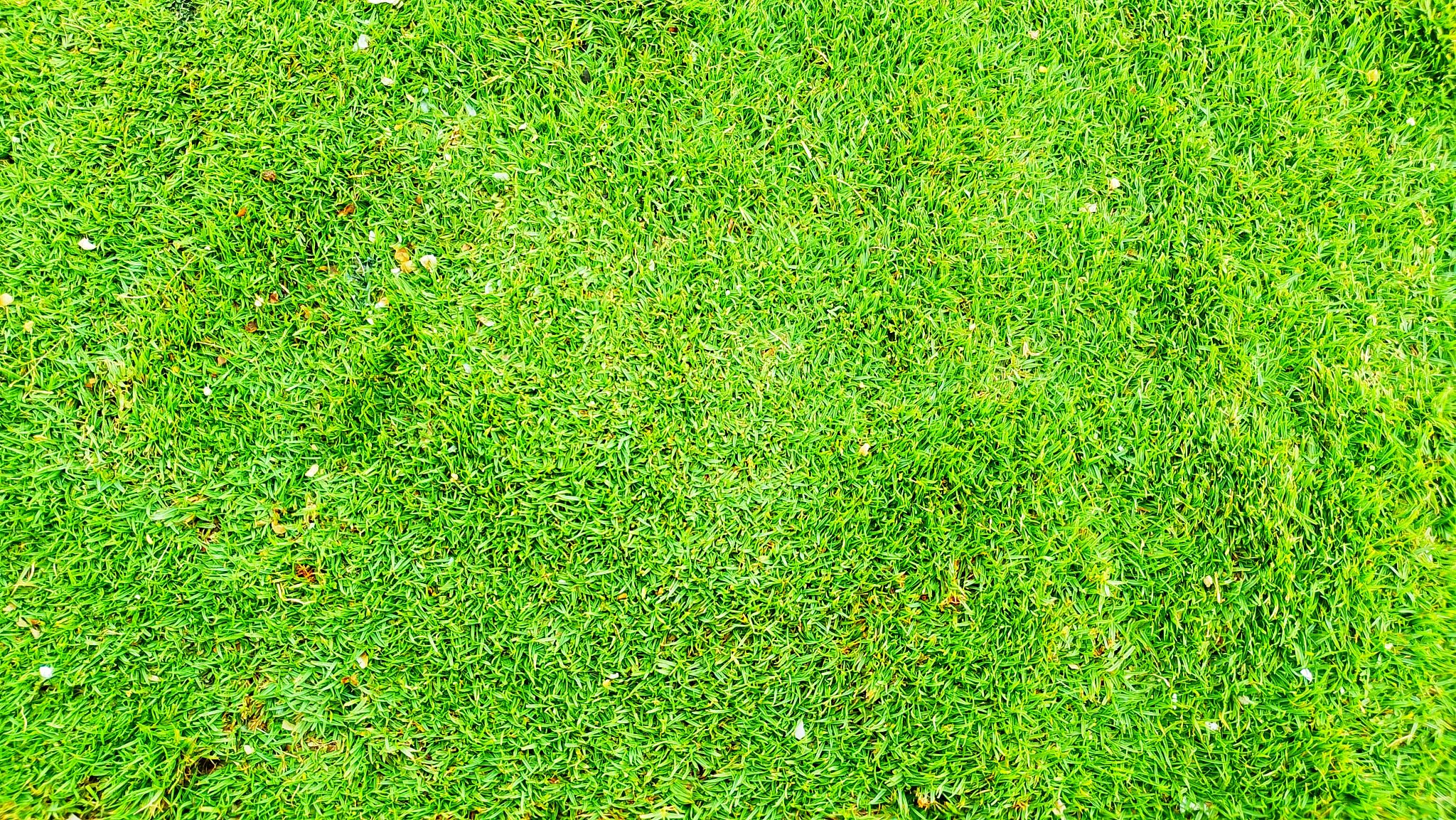The Ultimate Guide to Maintaining Bermuda Grass Lawns
Introduction to Bermuda Grass
Bermuda grass is a popular choice for lawns due to its resilience and lush appearance. Known for its ability to withstand high temperatures and heavy foot traffic, it's a favorite among homeowners who want a durable and attractive lawn.

Soil Preparation
Before planting Bermuda grass, it's crucial to prepare the soil properly. Start by testing the soil pH, which should ideally be between 5.8 and 7.0. You may need to add lime or sulfur to adjust the pH accordingly. Proper soil preparation ensures that the grass receives the necessary nutrients for healthy growth.
Once the pH is adjusted, till the soil to a depth of 6-8 inches and remove any debris or rocks. Adding organic matter such as compost can improve soil structure, promoting better root development.
Planting Bermuda Grass
There are several methods to plant Bermuda grass: seeding, sodding, or plugging. Seeding is a cost-effective option, while sodding provides instant results. Choose the method that suits your budget and timeline.

When seeding, spread the seeds evenly over the prepared soil and lightly rake them in. Water the area thoroughly to help the seeds establish. For sod, lay the pieces tightly together, ensuring there are no gaps. Water immediately after installation.
Watering and Mowing
Bermuda grass requires consistent watering, especially during its establishment phase. Water the lawn deeply once or twice a week, ensuring that the soil is moist but not waterlogged. During hot summer months, increase the frequency to prevent the grass from drying out.
Mowing is an essential part of maintaining a Bermuda grass lawn. Keep the grass at a height of 1-2 inches for the best appearance and health. Regular mowing encourages thicker growth and helps prevent weeds.

Fertilization and Weed Control
Fertilizing Bermuda grass is crucial for its lush appearance. Apply a balanced fertilizer in the spring as the grass begins to green up. Follow up with additional applications throughout the growing season to maintain vibrant growth.
Weed control is also essential. Use pre-emergent herbicides in early spring to prevent weeds before they appear. For existing weeds, choose a post-emergent herbicide appropriate for Bermuda grass lawns.
Pest and Disease Management
Bermuda grass is generally resistant to pests and diseases, but occasional problems can occur. Common pests include armyworms and grubs, which can be managed with appropriate insecticides.

Fungal diseases like dollar spot or brown patch may also affect Bermuda grass. Ensure proper watering practices and adequate air circulation to prevent these issues. Fungicides can be used for severe infestations.
Seasonal Care
Caring for Bermuda grass varies with the seasons. In the fall, reduce watering and mowing as the grass enters dormancy. Aerate the lawn to relieve soil compaction and improve nutrient uptake.
In the spring, begin regular maintenance practices as the grass greens up. This includes fertilization, mowing, and weed control to ensure a healthy and attractive lawn throughout the year.